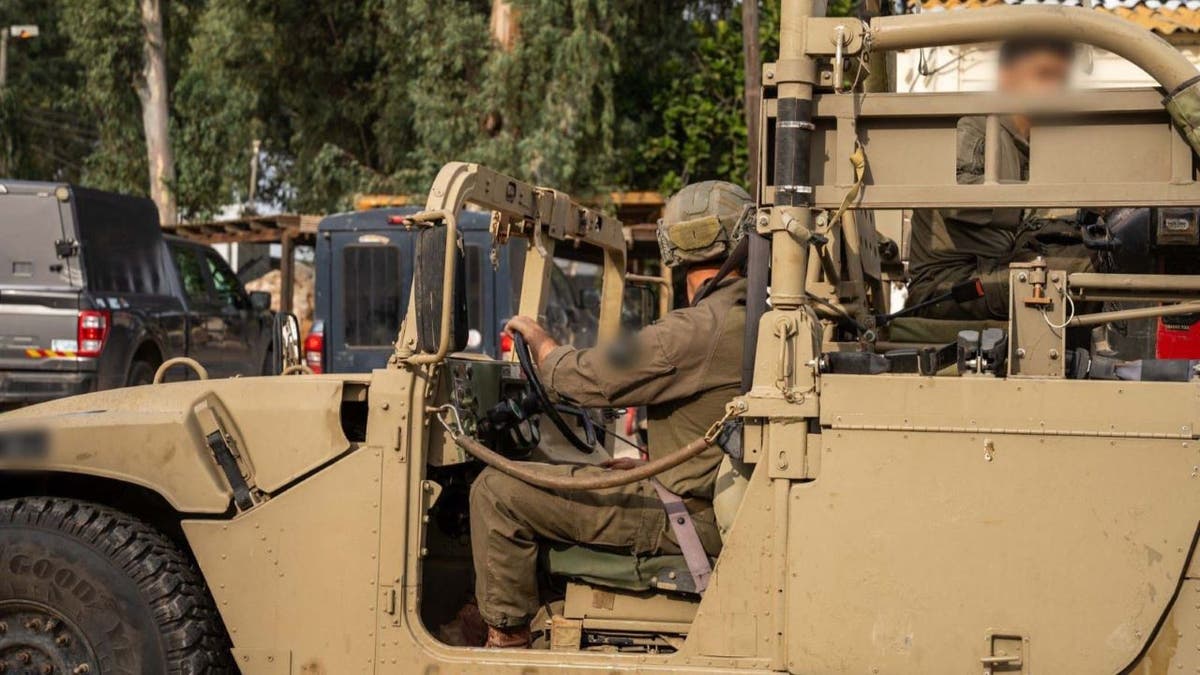Following the collapse of Bashar Assad's regime in Syria, the Israel Defense Forces (IDF) swiftly deployed paratroopers and armored units to the border region on Sunday. This proactive measure aims to bolster the Golan Heights' defenses amidst the unfolding instability. The IDF emphasized the temporary nature of the deployment, designed to maintain security until a stable arrangement is established.
This action follows recent strikes by both the U.S. and Israel within Syria. Israeli Foreign Minister Gideon Saar confirmed strikes targeting suspected Syrian chemical weapons sites, a critical concern given Assad's past use of such weapons against civilians. Saar underscored Israel's focus on national security, aiming to prevent these weapons, along with long-range missiles, from falling into extremist hands.

While the fall of Assad is seen as a potential turning point, the rise of Hayat Tahrir al-Sham, a terrorist group linked to ISIS and al Qaeda, presents a significant challenge. This concern is shared by both U.S. and Israeli leadership.
Prime Minister Benjamin Netanyahu, while acknowledging the collapse of the 1974 Separation of Forces Agreement, framed the troop deployment as a necessary response to maintain security along the Israeli border. He also extended an offer of peace to Syrians, particularly those seeking peaceful coexistence with Israel.

President Biden, mirroring Netanyahu's cautious optimism, recognized the fall of the Assad regime as a step towards justice for the Syrian people, but also acknowledged the inherent risks and uncertainties in the current situation. He emphasized the potential for positive change in Syria and the wider region.

Assad, along with his family, has sought and received asylum in Moscow after fleeing Damascus.








